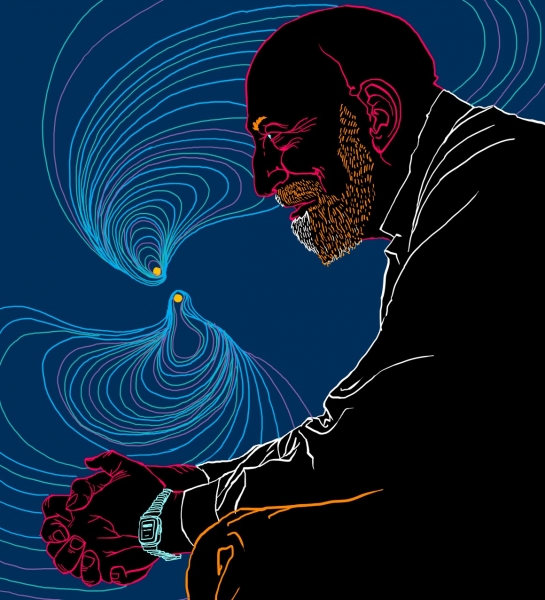‘It’s Your Generation of Experimenters That Makes Me Look Good!’ – An Interview with Kip Thorne

BY KARAN JANI ON 07/05/2016
Kip Stephen Thorne is a noted astrophysicist and a central figure in the legacy of gravitational physics research. He is the Richard P. Feynman Professor of Theoretical Physics, Emeritus, at the California Institute of Technology. He has made seminal contributions to theories underpinning the origin, characteristics and properties of blackholes, and theorised about the existence and behaviour of wormholes. Thorne is also famously interested in communicating ideas in advanced physics to the general public. He has written many popular books, notably Black Holes and Time Warps (1994), and helped helped Carl Sagan ideate on wormhole travel for the latter’s novel Contact (1985). The science behind the 2014 film Interstellar was defined by Thorne.
Even more recently, he has been in the limelight for the LIGO experiment’s discovery of gravitational waves. Thorne was instrumental in developing the idea of the instrument (alongside Rai Weiss and Ronald Drever), securing its funding, evolving a thrumming community of researchers around it, and getting it going. Karan Jani, a doctoral researcher at the Centre for Relativistic Astrophysics, Georgia Institute of Technology, and a member of the team that discovered the gravitational waves, spoke to Thorne on behalf of The Wire (from the lab of Laura Cadonati, Chair of the LIGO Data Analysis Council). The full interview (edited for clarity) follows.
See full text